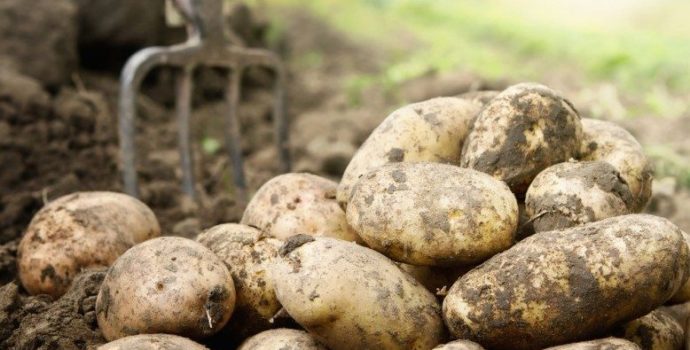Food Harvest 2020 Targets Will Be Derailed by Bad Cap Deal, Warn IFA and Agri-business Representatives

IFA President John Bryan and agri-business representatives from all sectors and all regions of the country have warned that there will be significant disruption in production if the CAP Reform proposals inflict severe cuts on the incomes of the country’s most productive farmers.
Speaking at a briefing for the media in Dublin today (Wed), John Bryan said there was a fundamental contradiction between the expansion plans in <i>Food Harvest 2020</i> and the current proposals for the redistribution of our Single Farm Payment. “The Minister for Agriculture Simon Coveney will have to dig in hard, face down the EU Commission and secure a deal for Ireland that will ensure the Single Farm Payment is directed at active farmers in order to drive production, jobs and exports.”
John Bryan said, “The presence of key representatives from the agri-food sector at today’s launch sends a very strong message about of concern about the future of our largest indigenous industry. We support 300,000 jobs and €9bn in exports, with achievable targets to increase both. However, the CAP proposals on the table are very damaging and will derail the Government’s own Food Harvest 2020 plan. Farmers expect the Minister to defend their interests and avoid a deal that does not work for active, productive farming in this country”.
Today’s briefing was attended by Meat Industry Ireland, ICOS, Teagasc, Macra na Feirme and a wide range of agri-businesses representing all sectors across the country, including Glanbia, Connacht Gold, Dairygold, Origin Enterprises, Roscommon Mart, Liffey Mills, Cooney Furlong and IFAC Accountants.
Analysis carried out by the IFA Economics Section and presented today shows the following impact:
Viability of the Suckler Herd will be undermined as a result of the reduction in purchasing power of beef finishers with the cuts to the Single Farm Payment;
Drop in incomes for tillage farmers will decrease sowings. Lack of land availability and price volatility will have a negative impact on production decisions;
Expansion plans for the dairy sector, which includes the creation of over 9,000 jobs, will be jeopardised;
Farmers will have to adjust their investment plans as their capacity to repay is severely diminished.




